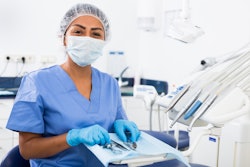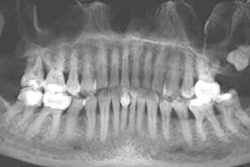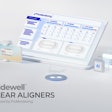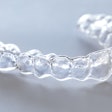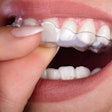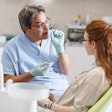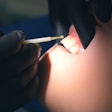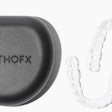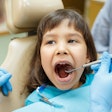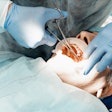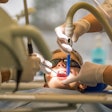Dentistry never ceases to be intriguing. New research uncovers previously unknown associations, technological advancements simplify procedures, and dental experts share information they’ve gleaned from personal experience with other oral health professionals to coach them as they treat their patients.
In the dental specialty areas of endodontics, restoration, and anesthesia, this year offered several fascinating case studies and other nuggets of information passed on by clinicians and researchers.
Without further delay, below are the top five most popular articles according to dental specialty for 2023, based on member views.
1. Tooth extraction causes rare symptom of vertigo

A 26-year-old woman experienced vertigo after having two teeth surgically removed, according to a case report published on August 13 in the British Dental Journal. Only four similar cases have been reported, the authors noted.
While cases of vertigo after tooth extraction are very rare, the case study’s authors proposed an interesting theory that might explain the association between a tooth extraction procedure and otological-related side effects.
2. What new oral symptom could indicate your patient has COVID-19?
Our second most popular article this year centered around COVID-19 and, specifically, the interesting signs and side effects that clinicians should look for that may signal whether individuals are infected with SARS-CoV-2.
As one group of researchers shared, COVID-19 may cause patients to produce excessive saliva, resulting in angular cheilitis (AC), a painful inflammation of the corners of the mouth, according to a letter published on October 11 in Oral Diseases. Dentists, the researchers counseled, should note inflammation around a patient’s mouth, because it may be a sign they are dealing with an infection of SARS-CoV-2.
3. Prednisolone may cause delayed healing after tooth extraction

Back in September, a study published in the Journal of Dental Sciences reported that patients taking prednisolone following a tooth extraction may experience delayed healing of the extraction socket. The study’s authors specified two main factors that accounted for the delay in healing they observed that they say clinicians should be aware of when performing tooth extractions.
4. Local anesthesia may be linked to woman's tongue paralysis
In one of the more unusual case studies DrBicuspid has published, back in October, we related the intriguing case of a 64-year-old woman in Tennessee who experienced tongue paralysis, which affected her ability to talk, following the administration of local infiltration anesthesia for a dental restoration procedure.
Within a few months, the woman mostly recovered from the hypoglossal nerve injury with the help of speech therapy. The case, however, highlights the seriousness of the adverse and sometimes long-term effects of inexact anesthesia administration, and it underscores the importance of doing professional diligence concerning three areas, the case study’s authors noted.
5. Local anesthesia injection led to rare temporal muscle ossification in woman
 A (B) clinical image of the resected lesion. Image courtesy of Pedersen et al. Licensed by CC BY 4.0.
A (B) clinical image of the resected lesion. Image courtesy of Pedersen et al. Licensed by CC BY 4.0.
In another anesthesia-related mishap, a healthy woman developed the extremely rare complication of traumatic myositis ossificans of the temporal muscle attachment after receiving an injection of local anesthesia near the right temporal muscle attachment for root canal treatment. Following the dental procedure, the woman experienced persistent limited mouth opening.
Eventually, she made a full recovery after undergoing a coronectomy and engaging in physical therapy and regular jaw exercises, the authors wrote, but clinicians should be aware of the risk of muscle trauma as well as certain other factors wherein this rare condition occurs.




